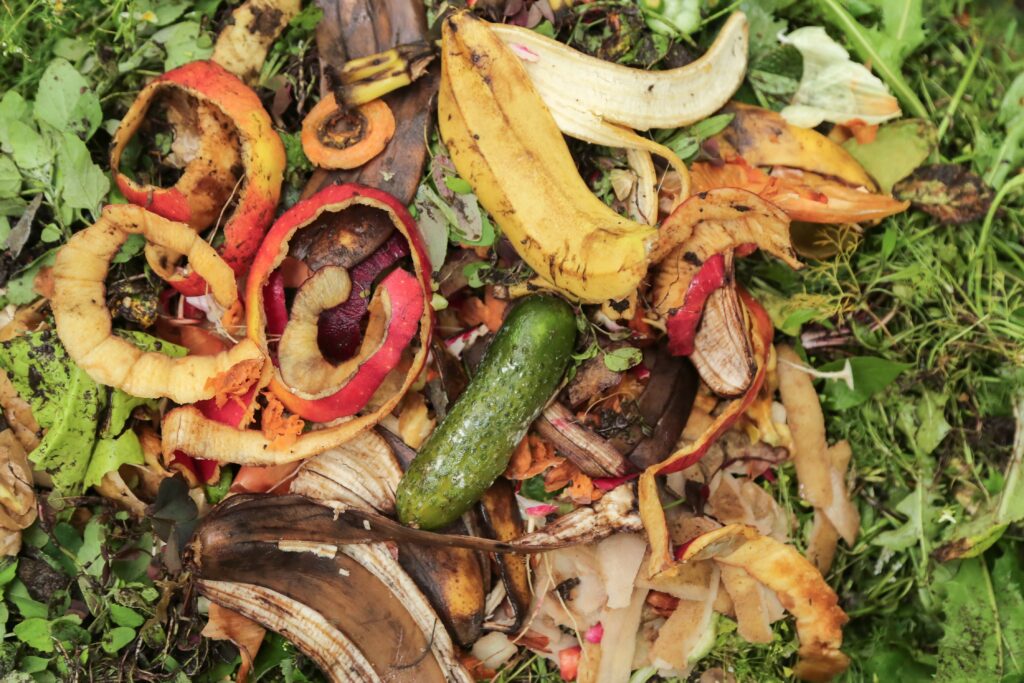The report stated that out of 195 countries attending COP29, just 12 have committed to reducing food waste and only 17 to tackling food loss.
WRAP found that around 30% of all food goes to waste each year and food loss and waste is predicted to top 2.1 billion tonnes per annum by 2030, costing $1.5 trillion. Food waste contributes 8-10% of total greenhouse gas emissions, which is five times more than aviation, yet rarely features in NDCs.
Harriet Lamb, CEO of WRAP, said: “Our global food system is broken and is wrecking the environment. If food waste were a country, it would be the world’s third largest emitter after China and the USA. So, the fact that so few countries are addressing this critical situation in their NDCs is shocking.”
The latest Food Waste Index Report (2024), compiled by the United Nations Environment Programme (UNEP) and co-authored by WRAP, found that the world wastes over a billion tonnes of food.
WRAP has warned that food loss and waste have “devastating” impacts on society and global economies too. The World Economic Forum estimates that food loss and waste costs the global economy $936 billion a year, while more than 783 million people go hungry.
WRAP has used COP29 to restate its message that “we cannot tackle climate change if we don’t fix our broken food system”.
As a member of The Global Action Drive group (GAD), WRAP and its partners are calling on all countries to take the following steps:
- Commit to delivering UN Sustainable Development Goal 12.3 and halve per capita global food waste at the retail and consumer levels and reduce food losses along production and supply chains, including post-harvest losses, by 2030,
- Include this commitment in their new NDCs to be submitted by early 2025,
- Set meaningful targets and intersectoral mechanisms to operationalise follow up,
- Back this commitment with specific practical policy measures,
- Start measuring and reporting food loss and waste at national and sector levels, and
- Include solid national data to report on progress through the biennial transparency reports.
Action on food loss and waste at COP29
Based on its research of how countries have integrated food loss and waste into their NDCs to varying degrees, WRAP and GAD have published a best practice guide: ‘Why & How to Incorporate Reducing Food Loss and Waste into Nationally Determined Contributions (NDCs) for countries to include food loss and waste in their NDCs’.
Countries have until February 2025 to submit their NDCs for COP30 and WRAP is calling on all governments to include food loss and waste reduction ahead of the next global meeting.
At COP29, WRAP will also join with The Global Food Banking Network, ReFED and FareShare to host a series of sessions dedicated to addressing food loss and waste.
Lamb concluded: “Food, textiles and manufactured products account for nearly 50% of global greenhouse gas emissions. Addressing the problems in our food system and creating a circular economy are key to tackling these huge emitters of greenhouse gases. We must embrace circular living in every boardroom and every home.”









Subscribe for free